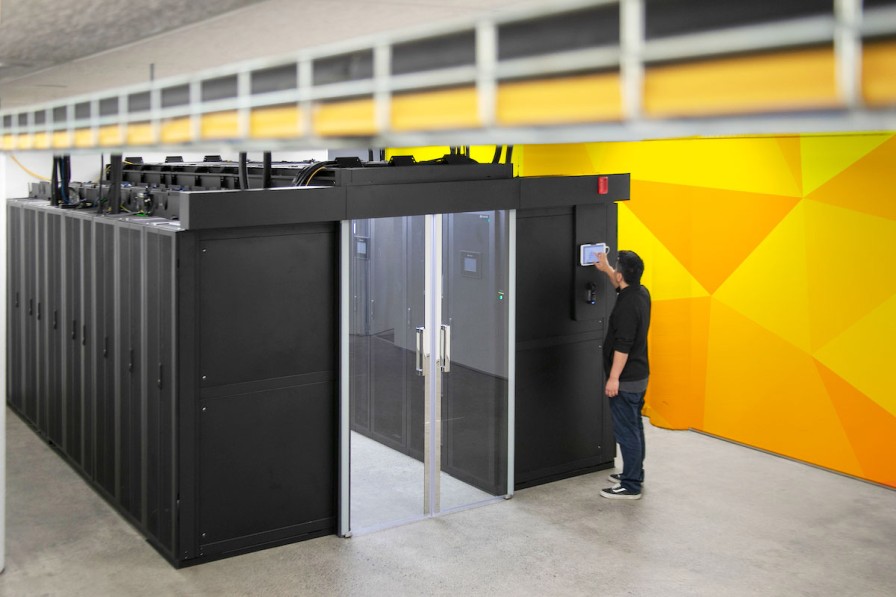Two extreme weather events have hit Auckland already this year. January’s flash flooding and Cyclone Gabrielle, which brought strong winds and rain a few days later, are the sorts of events that will become more common with climate change. In their wake, Auckland is taking a close look at how critical infrastructure performed, and how to improve resilience in the future.
We may not be in charge of any stormwater drains, but we are an infrastructure operator. And we’re very happy with the way our Penrose data centre came through both events.
There are no guarantees when it comes to disaster planning, so we’re pleased to have gotten through some big challenges in late January and early February. We had extra layers of redundancy which were left untapped - an ideal result.
As NIWA put it, an entire summer’s worth of rain fell on January 27. A fortnight later, gale force winds ripped through the city. This was a severe test.
From the point of view of all the servers running in our data centre, it was just another couple of weeks in the office. No drama.
We had resilience in mind when we chose our location 6 years ago, and it’s good to know that our careful planning paid off. Our building is about 27m above sea level, more than 2km from the coast, and well away from any flood plains. When record-setting rain hit, we were well uphill of the closest flooding.
With strong winds come falling trees and power cuts, which were common throughout the North Island. Our data centre is supplied by underground powerlines direct from the Penrose substation, so there’s no chance of those blowing over. We didn’t need to call on our stand-by generator or any other back-up.
Up on the roof, our 384 solar panels stayed in place thanks to cyclone-rated rails. Obviously they didn’t generate a lot of electricity while the rain was falling. But over a normal year this installation offsets around 24,000 tonnes of atmospheric carbon. Numbers like that can seem quite abstract, but not when tropical cyclones hit our shores.
There are no guarantees when it comes to disaster planning, so we’re pleased to have gotten through some big challenges in late January and early February. We had extra layers of redundancy which were left untapped - an ideal result.
A changing climate will lead to more severe weather events. Climate resilience ought to be an important consideration for anyone comparing data centres. On the evidence of early 2023, you could do a lot worse than talk to us.

